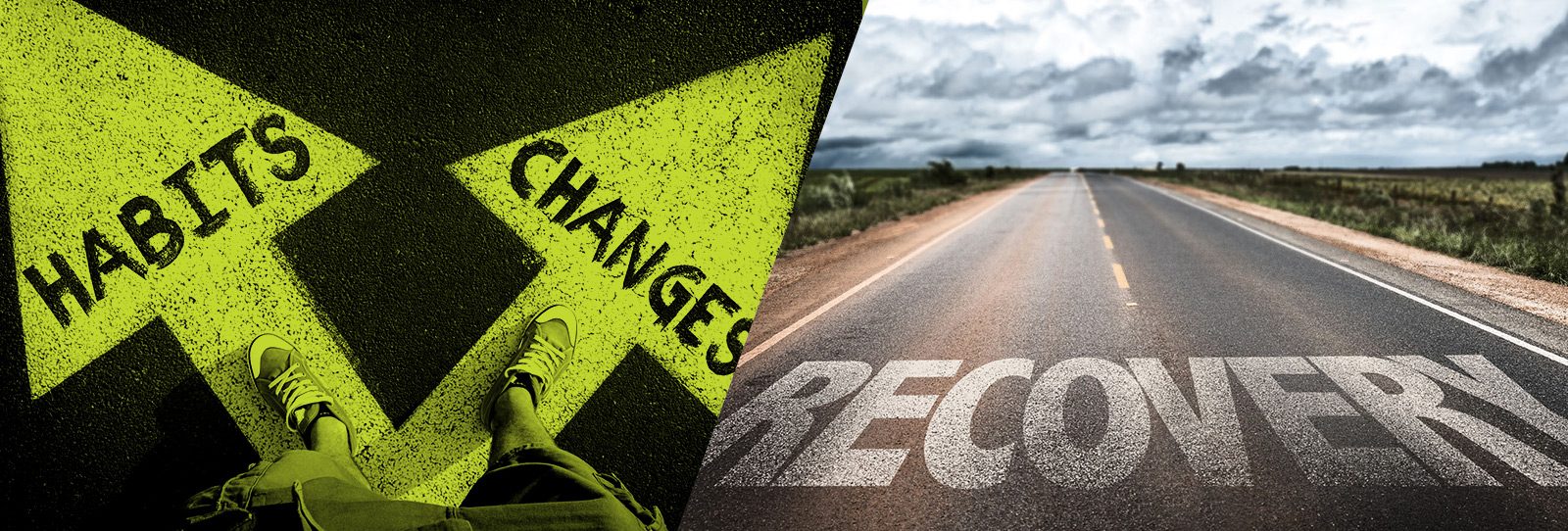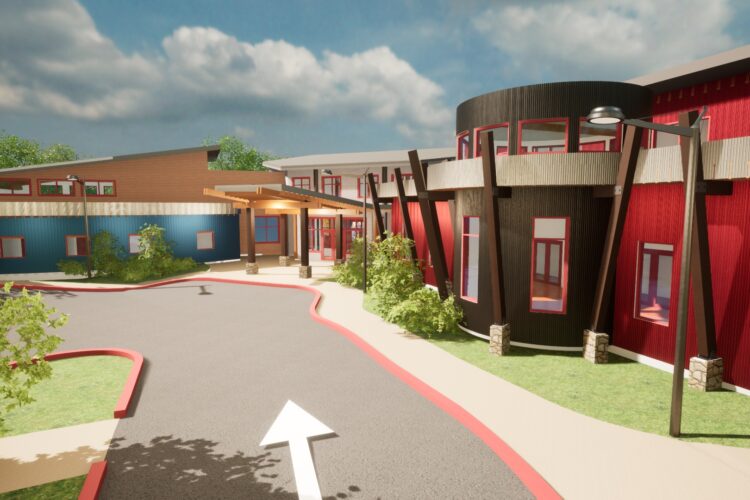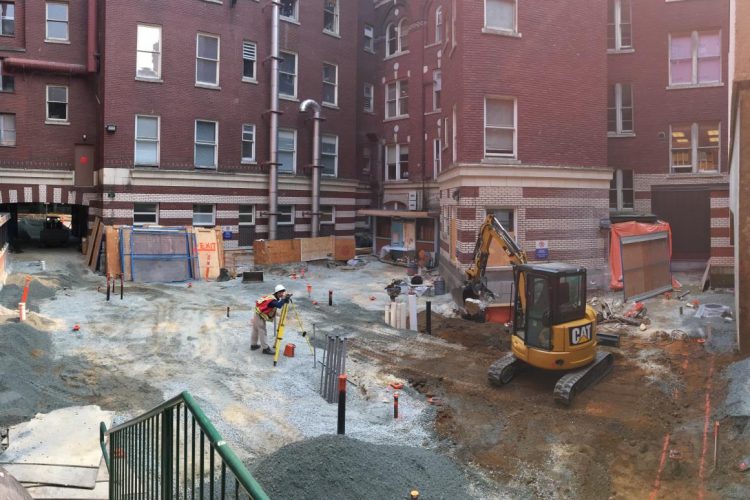While a Housing First philosophy contributes to housing the homeless, addiction continues to undermine housing retention. Many individuals living in shelters and supportive housing are aware that their drug use is problematic and they need to make a personal change. Recovery is a priority for most, yet accessible and effective addiction treatment and recovery pathways that meet individual needs are often unavailable or inaccessible.
Streetohome contributed $1M to At Home/Chez Soi, a four-year project in five cities across Canada, overseen and largely funded by the Mental Health Commission of Canada. The objective of the project was to provide a support pathway for Canadians experiencing homelessness and mental health problems. Under a “housing first’ approach, people were immediately provided with a place to live and they could choose services that best met their individual needs.

A large proportion of At Home/Chez Soi tenants were addicted to substances (58%) or alcohol (24%) and 29% were daily drug users. There were no differences in daily substance use between the tenants and homeless adults living with mental illness and addiction who had access to existing addiction recovery services. This same outcome was observed after 12 months and again at 24 months. Effective addiction recovery pathways appear to be unavailable for this population.
Streetohome supports evidence-informed and outcome-focused addiction recovery pathways. For example, capital funding has been committed to The HUB operated by St. Paul’s Hospital as well as Youth Support Recovery Homes operated by Pacific Community Resources Society. Streetohome is also investigating promising practices that can be adapted in Vancouver in order to fill gaps in the addiction recovery system.
Identifying System Challenges and Filling Gaps in Services
Streetohome sponsored the Centre for Applied Research in Mental Health and Addiction (CARMHA) to conduct a study of ‘Publicly funded live-in addiction recovery programs in British Columbia available to homeless and formerly homeless individuals in the city of Vancouver‘. This research involved collaboration with St. Paul’s Hospital, First Nations Health Authority, Provincial Health Services Authority, Vancouver Police Department, Vancouver Coastal Health, City of Vancouver and BC Housing. The final report completed in February 2016 identified a number of challenges in the current addiction recovery system including timely access to appropriate services.
“It is well-known that there often exist brief windows of opportunity during which a client is ready to address their addiction. It is during these periods that we must engage clients and guide them towards recovery. Timely matching of services with individuals who are most in need, and most likely to benefit from interventions, is necessary to optimize the utility of live-in addiction recovery programs and improve outcomes at the population level.” CARMHA, 2016
Streetohome is exploring opportunities to broker and leverage innovative promising addiction recovery pathways that will fill gaps in the addiction recovery services continuum by addressing each individual’s housing, health, legal, education and employment goals. Each pathway promotes continuing recovery self-care in the community, facilitating movement towards self-sustainability and a preferred life path.





